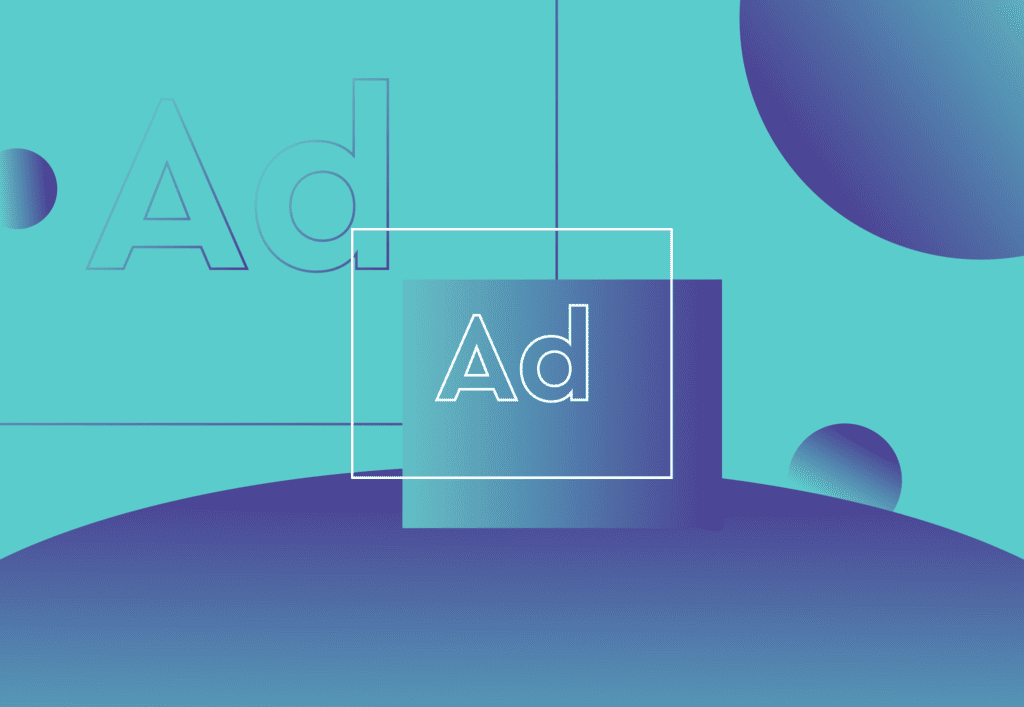
Paid Search and PPC are Different, Here’s Why

Paid Search and PPC
When you enter the world of digital marketing, you’ll be hit with an endless stream of acronyms and terms which are seemingly similar, and are often used interchangeably, that can mean totally different things in a variety of contexts.
Two of these seemingly synonymous terms are Paid Search and PPC. The confusion stems from the fact that PPC is a component of Paid Search, and is often the most important (and thus talked about) aspect of Paid Search, but conflating the two means ignoring the multifaceted nature of Paid Search.
What’s The Difference?
Paid Search refers to all ads that you can use to feature on the Search Ads Results Page (SERP) of a search engine or on websites across the internet, be that Google, Bing, DuckDuckGo, and so on. Beyond pay-per-click, Paid Search also includes Cost Per Mille (CPM) and Call-Only Ads.
All PPC is considered at least an aspect of Paid Search, but not all Paid Search is PPC.
Cost-Per-Mille Bidding
CPM bidding means that, instead of paying per click, you pay per one thousand impressions that your ad receives. CPM is the most common targeting option on Display Networks, because you’re essentially paying to increase or improve your brand awareness.
Due to the nature of Display Ads, where they’re predominantly used to build interest for future conversions and cement the awareness of a brand but not necessarily drive immediate traffic, CPM is a good way of making sure that you’re exclusively paying for awareness.CPM bidding is also effective for newly started advertisers that are looking to measure CTR% while creating exposure so they know which of their display ads are creating the most impact among users discovering their brand.
Given that adverts placed on the Google Display Network reach up to 90% of internet users, which also means having the potential of featuring on over 2 million websites, the CPM bidding strategy is an effective way to grow your brand awareness and catapult your brand name into the minds of consumers.
Call-Only Ads
Call-Only Ads are when you pay per call (not click!), i.e. when the customer clicks on the number featured in your ad. Google call ads are only displayed on phones that can make phone calls and are made to entice users to call your company. Instead of clicking your ad and being sent to your website, the user will click your business number and phone call you directly.
Call-Only Ads are extremely vital if you have a good sales team that can capitalise on immediate interest via phone calls and build trust with the user straight away.
It’s because of this immediate connection between the business and user via Call-Only Ads that, according to Marketing Land, [phone calls have a conversion rate of 30 to 50%](https://martech.org/report-calls-have-30-to-50-percent-conversion-rates-most-come-from-mobile/#:~:text=2%3A47 pm-,A call is%2C generally speaking%2C a better lead than a,Intelligence Index report from Invoca.), which is a lot more impressive once you consider that clicks have a 1 to 2% conversion rate.On top of this, Call Ads allow you to immediately filter out poor quality leads that come through, instead of wasting time chasing up whoever has left a form submission or emailing back-and-forth until you realise that you’re not the right fit for each other.
With over 50% of ad clicks happening via Mobile Phones, optimising your ads to feature Call Ads to allow your business to capitalise on high-intent interest has never been more important.
Pay-Per-Click
Pay-per-click (PPC) is your bread and butter Paid Search component and is the most prevalent method of Paid Search. PPC refers to paying each time your ad, whether that’s a Search Ad, Shopping Ad, Display Ad, Video Ad, or Discovery Ad (among others) receives a click.
It is often conflated with Paid Search because of how popular it is within the digital space. Reports show that up to 65% of customers click on PPC ads, which is why it is so important to consider PPC in your digital advertising.
PPC is preferable when you want to have greater control over how your ad spend is applied, as you have the option to determine how much you pay for each click. There are also a variety of bidding options available for PPC, which range from automated and manual.Automated bidding refers to when you set up your budget and targeting options and allow automation to do the bidding for you. Platforms will use the data they’ve accrued to determine how much to bid, when/where to show your ads, and who to show your ads to based on your predetermined goals that you have established for the AI to then use.Among the different types of automated bidding strategies are:Maximise Conversions: This setting will optimise bidding in order to achieve as many conversions as possible
Maximise Conversion Value: This setting will optimise bidding in order to achieve as much conversion value as possible
Target Impression Share: This setting will optimise bidding in order to achieve the highest impression share possible within your budget
Maximise Clicks: This setting will optimise bidding in order to achieve the highest amount of clicks possible within your budget
Target CPA: Bidding will be optimised in order to structure bidding in order to achieve your target cost per acquisition
Target ROAS: Bidding will be optimised in order to achieve your target return on ad spend
Enhanced CPC: You will determine the Maximum CPC that you want to bid on a keyword, but the advertising platform that you’re using will adjust the CPC if it believes that a conversion is highly likely based on the conversion data that has been accrued within the account historically
Within PPC is also the option to choose manual bidding, which is where you will have full control over how much you spend on keywords, shopping products, display network clicks, and so on. You can set your bids at ad group level, keyword/shopping product level, or placement level.
Summary
Now that we’ve established differences between PPC and Paid Search, you may still be wondering on how to apply these in a way that is optimal for your business. Luckily, we have you covered on that. Embryo offers services across the board, from our award winning PPC team to our wider Paid Search teams (that are also award winning!), we will ensure that your marketing campaigns are set up for success in the best ways imaginable.If this appeals to you, don’t hesitate to contact us so we can see how best to apply Paid Search methods to bolster your businesses marketing efforts.




